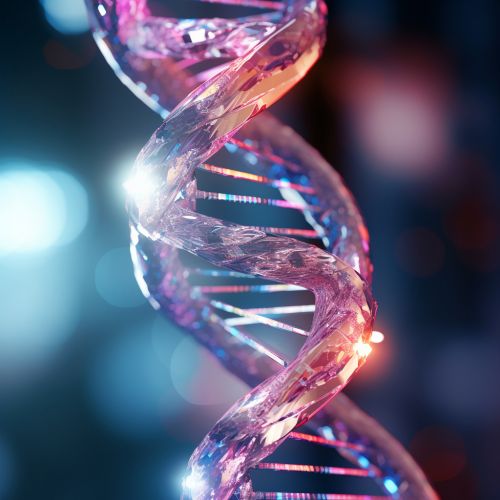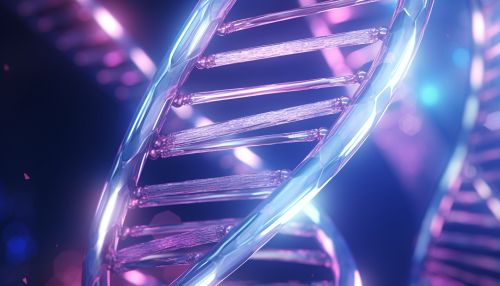Genetics of Addiction
Introduction
Addiction is a complex disorder characterized by compulsive substance use despite harmful consequences. Although the path to addiction begins with the voluntary act of taking substances, over time, a person's ability to choose not to do so becomes compromised, and seeking and consuming the substance becomes compulsive. This behavior results largely from the effects of prolonged substance use on brain functioning. Addiction affects parts of the brain involved in reward and motivation, learning and memory, and control over behavior. The genetics of addiction, a field of research also known as behavioral genetics, seeks to understand the role that genetic factors play in this process.


Genetic Factors in Addiction
Research has shown that addiction often runs in families, suggesting that genetic factors contribute to the risk of developing this disorder. However, the relationship between genetics and addiction is complex, involving the interplay of many genes and environmental factors.
Genetic Predisposition
A person's genetic makeup plays a significant role in determining their risk of becoming addicted. Studies of twins and families suggest that genetic factors account for about 40-60% of the variation in risk for addiction. This does not mean that there is a single "addiction gene." Instead, many different genes, each with a small effect, contribute to a person's overall risk. These genes may influence traits such as impulsivity and novelty-seeking, which are associated with an increased risk of addiction.
Genetic Markers
Scientists have identified several genetic markers - specific locations on a person's DNA - that are associated with an increased risk of addiction. These markers are often found in genes that influence the brain's reward system, which is heavily involved in addiction. For example, variations in the DRD2 gene, which codes for a receptor in the brain's reward system, have been linked to an increased risk of addiction.
Environmental Factors and Gene-Environment Interactions
While genetics play a significant role in addiction, they do not act in isolation. Environmental factors, such as exposure to drugs or stress, can also influence a person's risk of becoming addicted. Moreover, these environmental factors can interact with a person's genetic makeup in complex ways.
Gene-Environment Interactions
Gene-environment interactions occur when the effect of genes on a person's risk of addiction is influenced by their environment. For example, a person with a genetic predisposition to addiction may be more likely to become addicted if they are exposed to drugs at an early age. Conversely, a person without this predisposition may be less likely to become addicted, even if they are exposed to the same environmental risk factors.
Epigenetics
Epigenetic changes - changes to the way genes are expressed, rather than changes to the genetic code itself - can also influence a person's risk of addiction. These changes can be caused by environmental factors, such as exposure to drugs or stress. For example, drug use can cause changes in the brain that make a person more likely to seek out and use drugs in the future. These changes can be passed down from one generation to the next, contributing to the heritability of addiction.
Treatment Implications
Understanding the genetics of addiction has important implications for treatment. If a person's risk of addiction is partly determined by their genes, then treatments that target these genetic factors could be effective.
Pharmacogenetics
Pharmacogenetics is the study of how a person's genetic makeup influences their response to drugs. This field holds promise for the development of personalized treatments for addiction. For example, if a person has a genetic variation that makes them less responsive to a certain medication, a different medication could be used instead.
Gene Therapy
Gene therapy, which involves altering a person's genes to treat or prevent disease, is another potential avenue for the treatment of addiction. While this approach is still in its early stages, it could one day be used to reduce a person's risk of addiction or to alleviate the symptoms of this disorder.
Conclusion
The genetics of addiction is a complex and rapidly evolving field. While much progress has been made in understanding the genetic factors that contribute to the risk of addiction, much remains to be learned. Future research in this area holds the promise of improved treatments and prevention strategies for this devastating disorder.
